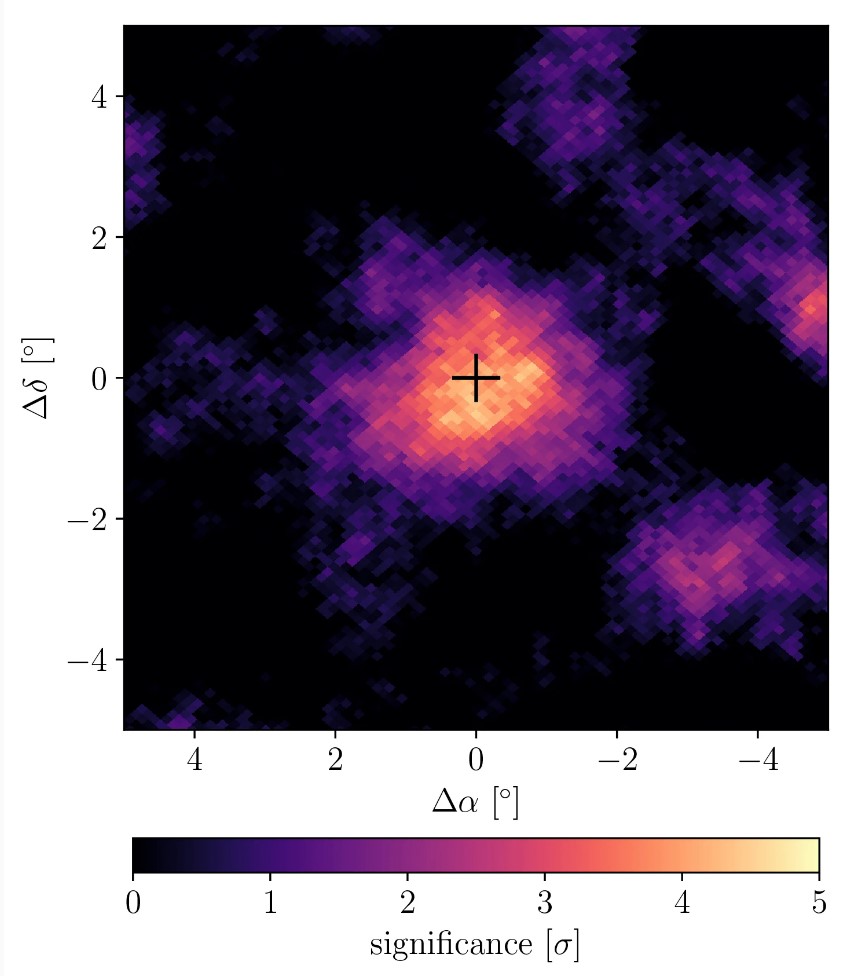The uncomfortable truth is that we don't know a lot of about climate, and denying the impact of the sun is weird. The good news is that modeling by academics is much better than it was 20 and certainly 25 years ago, when Frankenstein hockey sticks and hiding the decline were problematic.
Better modeling ability in schools means a new realization that if the sun is putting out a lot of gamma radiation we didn't know about 10 years ago, we may need new ways to provide insight as to why solar effects, and maybe more realism in press releases usually designed to cause Washington Post reader doomscrolling. The High-Altitude Water Cherenkov Observatory (it's in Mexico - environmental activists have driven astronomy out of the US) data showed the effects of Cherenkov radiation detected with the observatory’s instruments.

What an excess of solar gamma rays looks like to the High-Altitude Water Cherenkov Observatory Collaboration, which includes researchers from Michigan State University. Credit: Courtesy of the HAWC Collaboration
The gamma rays observed had about 1 trillion electron volts, a surprise since scientists in the 1990s said it would be rare to see these gamma rays reach Earth.


Comments